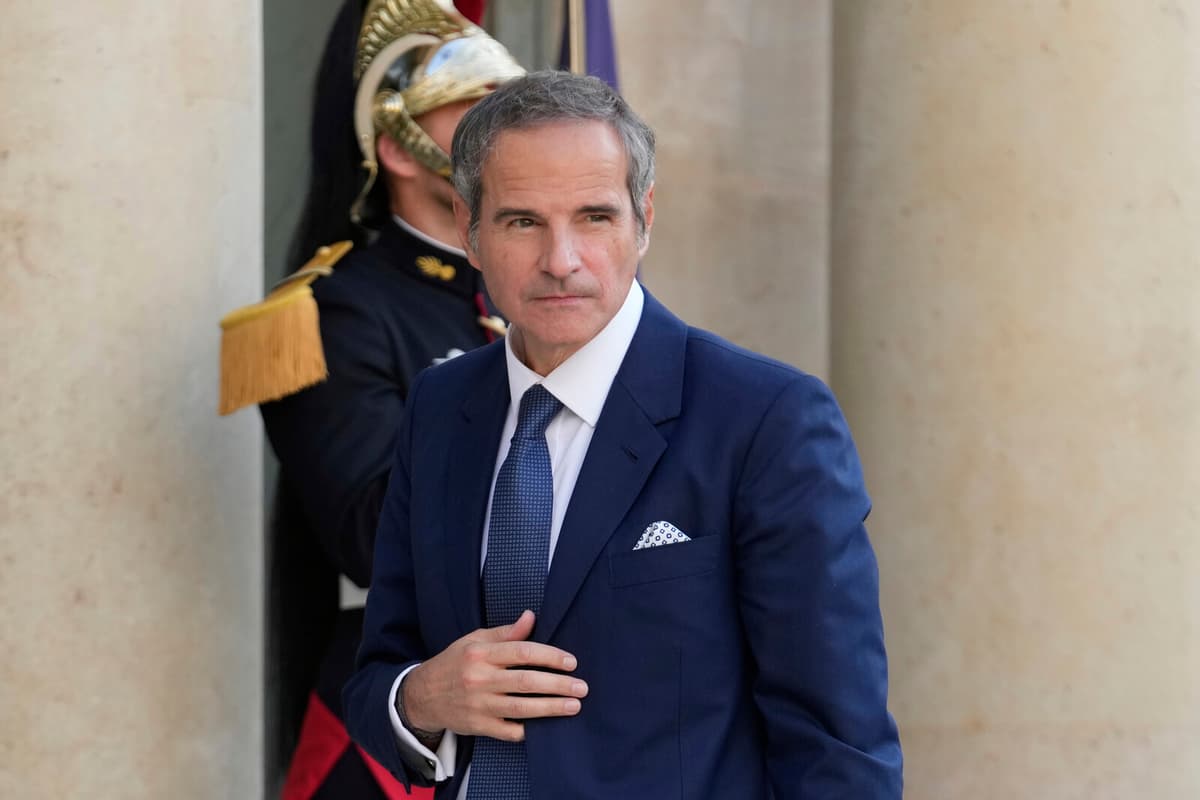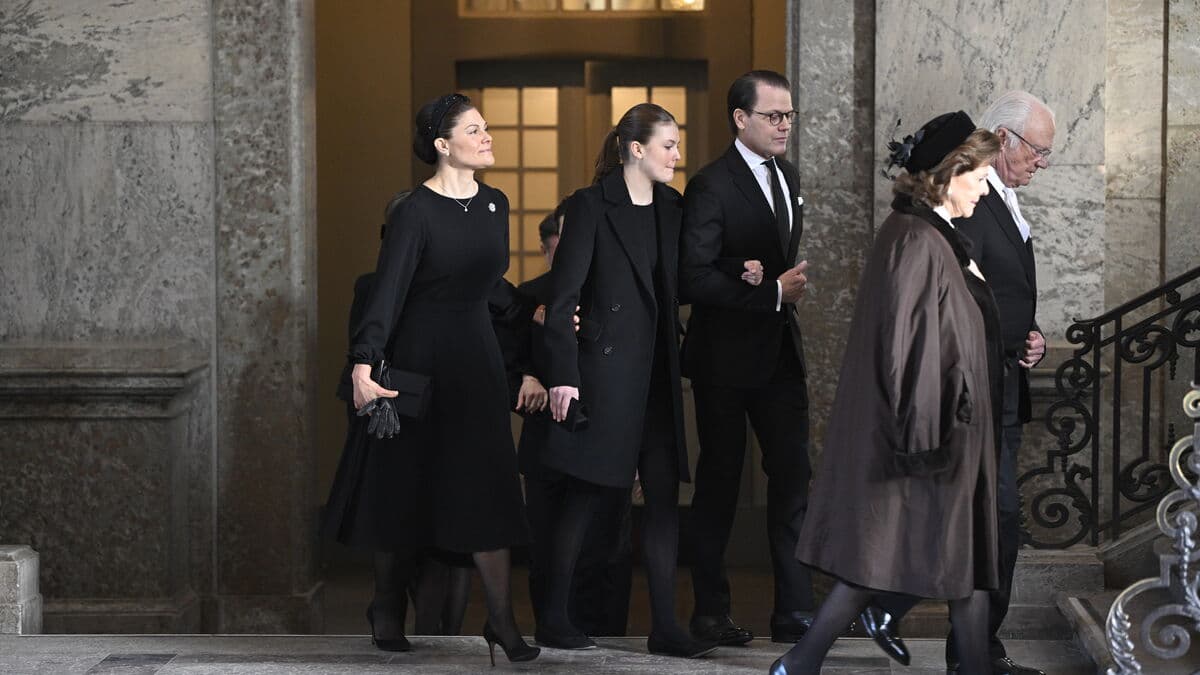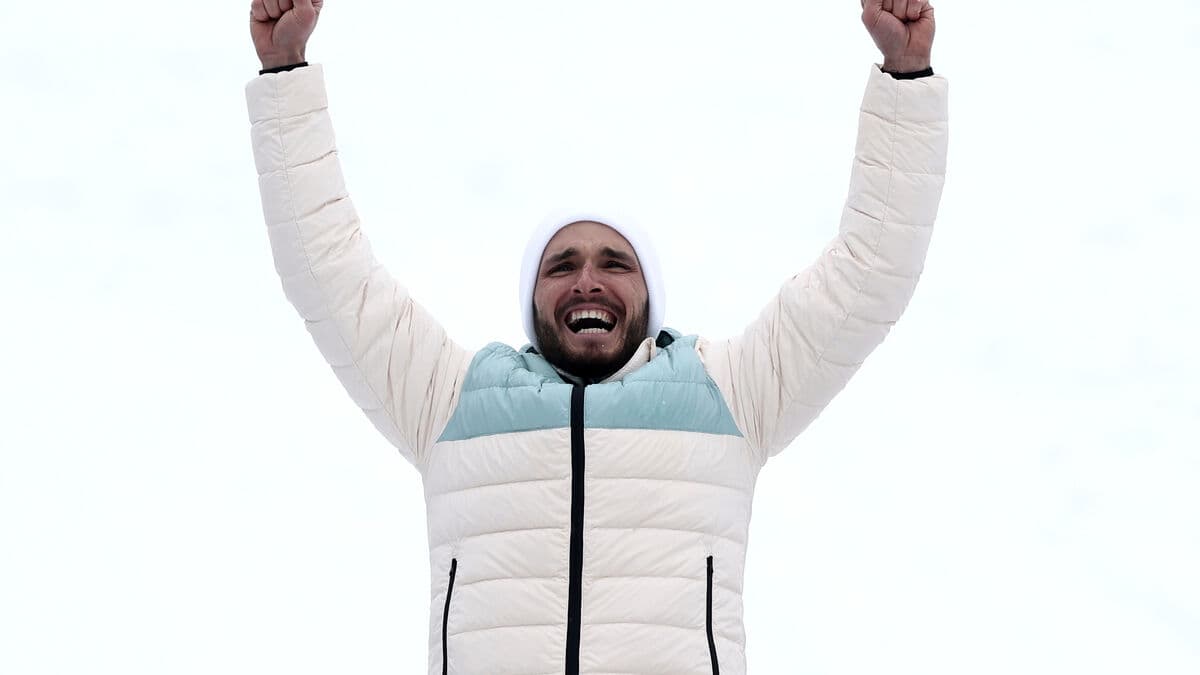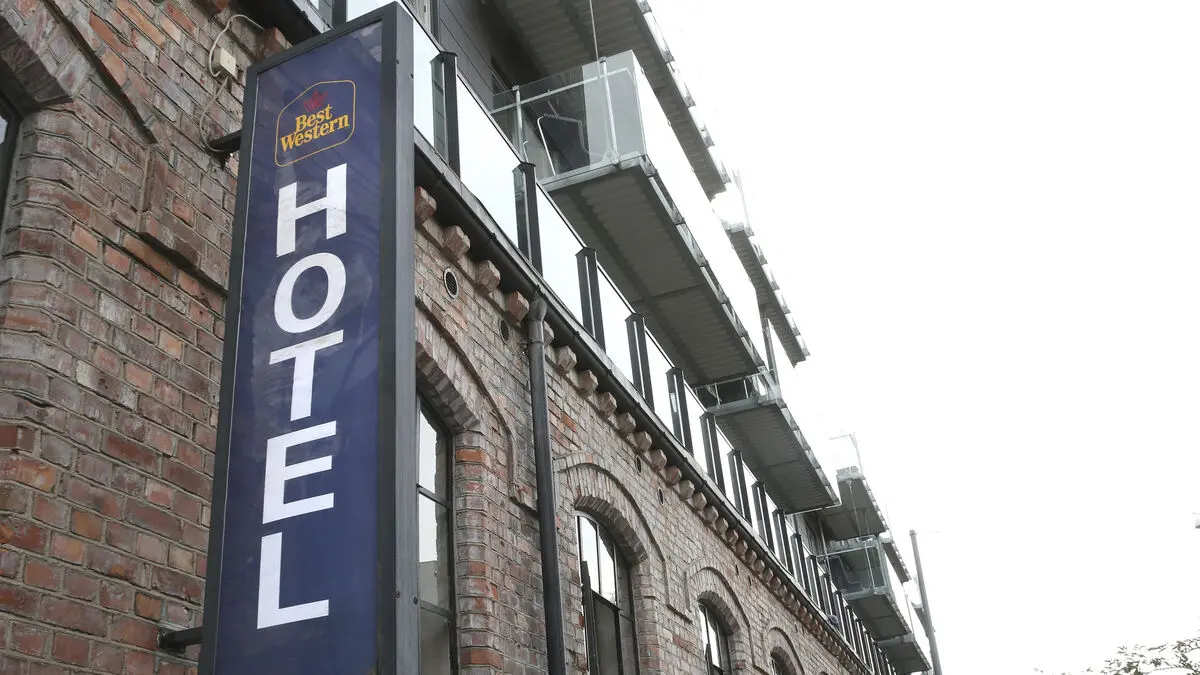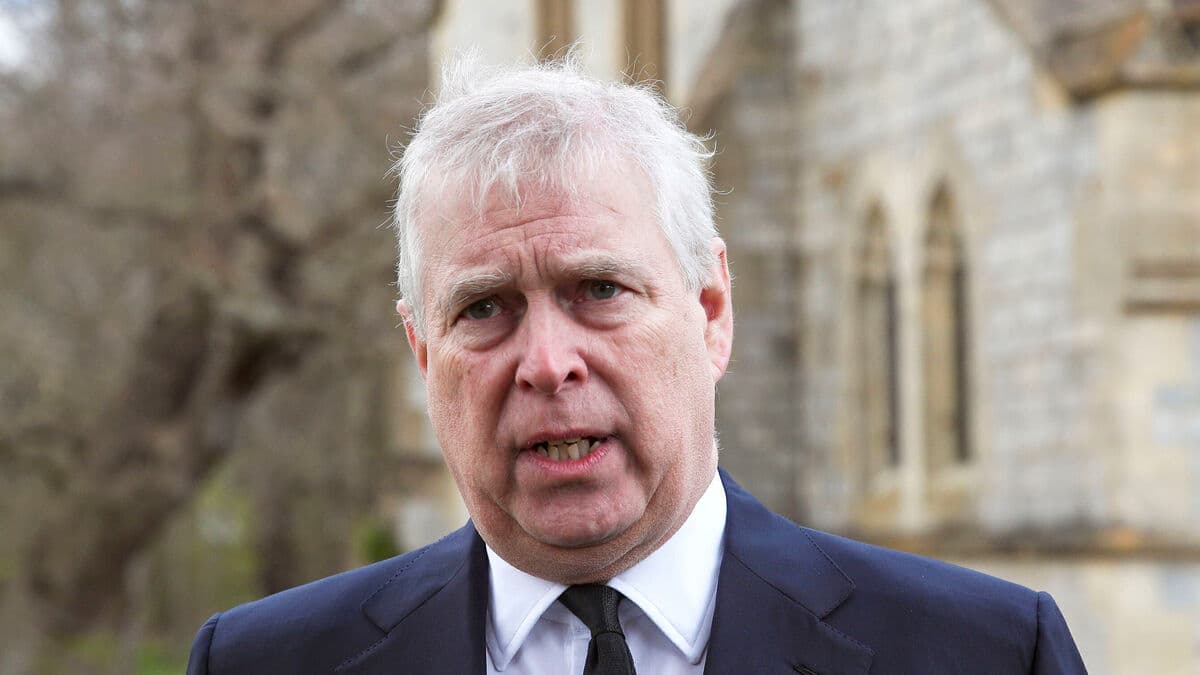Inspectors from IAEA have returned to Iran to, among other things, monitor fuel transports to the country's nuclear power plant in Bushehr.
Now we must clarify a number of things, and we must focus on the issues that are important for the inspections we are to carry out in Iran, says Grossi.
Iran interrupted the cooperation with IAEA's inspectors in connection with the twelve-day war between Israel and Iran in June, when Israel's ally USA bombed nuclear energy facilities in Iran.
There were many voices in Iran that advocated ending all cooperation with IAEA, and there were voices around the world who believed that IAEA would never return, and that we would thus lose important information, says Grossi in an interview with the news agency AP.
On Wednesday, IAEA, with its headquarters in Vienna, confirmed that the police protection for Grossi has been tightened. The message came the day after talks between Iran and the trio United Kingdom, France, and Germany were concluded in Geneva.
The talks concern Iran's nuclear energy program, and the three countries threaten to reintroduce UN sanctions against Iran if an agreement on, among other things, inspections is not reached before the end of the month.
Iran threatened late on Wednesday with countermeasures if sanctions are directed against the country.
Details of the threat picture are not disclosed, but the IAEA chief is protected by the Austrian police's special unit Cobra.

